Pittsburgh’s Life Science Sector Shows Off Potential
A closer look at what’s making the market a magnet for large-scale investment.
Adapting at a rapid pace to support the changing needs of companies and users alike, the life sciences sector emerged as one of the winners of the COVID-19 era. In Pittsburgh in particular, the sector hit record levels of innovation throughout the past two years.
The once-industrial Pittsburgh metro is undergoing major changes, with multiple historic structures being reinvented, strengthening and diversifying the region’s ecosystem with projects that support the life sciences sector.
READ ALSO: Are Office to Life Science Conversions the Answer to Occupancy Woes?
Drivers of change
Scott DiGuglielmo, director of agency brokerage at homegrown company Burns Scalo Real Estate, identified the main factors driving Pittsburgh life sciences investment: the talent that resides within the local hospital systems and the research facilities that revolve around the area’s powerful universities.
Private companies and local universities are working together to build Pittsburgh’s next-generation economy. Last year, the city was named one of the top global emerging startup ecosystems and one of the top global emerging ecosystems in funding by the Startup Genome & Global Entrepreneurship Network. Moreover, a WalletHub study named Pittsburgh as one of the top U.S. cities for STEM jobs.

Mark Thomas, President, Pittsburgh Regional Alliance. Image courtesy of Pittsburgh Regional Alliance
According to data provided by the Pittsburgh Regional Alliance, more than 925 startups were launched in the metro over the past 20 years. Most recently, two of the region’s largest tech companies—Duolingo and self-driving vehicle company Aurora Innovation—went public, reflecting the success of Pittsburgh’s startup community. Today, examples of notable ventures taking off and taking hold in the Pittsburgh region include Apollo Neuroscience, Stronghold Digital Mining, Viral Moment and Mach9 Robotics, among others.
Two major hospital systems—and some of the region’s largest employers—are headquartered in the city and have consistently been investing in the metro in the past few years. Allegheny Health Network amassed more than $1 billion in hospital expansions and launched the AlphaLab Health accelerator in 2020 with seed-stage investor Innovation Works. University of Pittsburgh Medical Center invested more than $2 billion in three new specialty hospitals and plans to invest another $1 billion between 2020 and 2024 to commercialize new drugs, diagnostics and devices.
“Companies are heavy and deep in technologies, while organizations are creating products for their division lines and researching new innovations … Although Pittsburgh is not huge, but a niche boutique market, it’s effective and good at these things,” Mark Thomas, president of the Pittsburgh Regional Alliance, told Commercial Property Executive.
Growth: a public-private affair
There are several public-private initiatives designed to help accommodate the sector’s growth within the region. These vary on a case-by-case basis, depending on the company, type and scale of investment, or the neighborhood where these investments are taking place, Thomas explained.
One of the most popular initiatives is the Keystone Innovation Zone Tax Credit Program. The incentive provides tax credits to businesses less than eight years old operating within specific targeted industries within the boundaries of a Keystone Innovation Zone. The program encompasses a total pool of up to $15 million in tax credits available to these companies annually.
READ ALSO: World’s Largest Life Science Campus Launches
But there are other ways the public sector can collaborate with the private sector, as well. Burns Scalo utilized Pennsylvania Neighborhood Assistance Enterprise Zone Tax Credits and Redevelopment Assistance Capital Program funds to purchase the site of its upcoming project, The Riviera. The Urban Redevelopment Authority remediated the brownfield conditions on what was formerly a steel mill.
“We continue to work with the public sector to identify funding opportunities and it seems there is great motivation for the public sector to support the Pittsburgh life sciences sector in the future,” said DiGuglielmo.
Top projects reshaping Pittsburgh
Burns Scalo is only one of the many developers sharing the same vision for the future of Pittsburgh as a leading life sciences hub. The company’s 160,200-square-foot Riviera project will be the first and only luxury life science facility in Pittsburgh.
Located in the Oakland neighborhood, within the Pittsburgh Technology Center and Innovation District, The Riviera is rising in the vicinity of tech incubators, medical drivers and life sciences centers. The project also boasts a connection to the nearby Carnegie Mellon University and the University of Pittsburgh, and will include an assembly of housing options and amenities.
“This experiential, luxury life science building is something new to the Pittsburgh market. It has been successful in major life science markets such as Cambridge, Mass., and San Francisco. We borrowed a chapter from the hospitality and the luxury multifamily handbook when designing The Riviera,” DiGuglielmo said.
The Riviera is set to include a full-service café, a private fitness center, collaborative workspaces, a conference center, on-site parking, bike-share stations and a large riverfront patio. Service amenities, such as dry cleaning, curated educational programming and an on-site concierge will also be available.
“The Riviera was developed on a 100 percent speculative basis and, as most people know, there are substantial costs associated with creating such a life science and wet lab facility. Additionally, developing The Riviera during a pandemic also led to unforeseen labor and material costs, both of which have significantly impacted the timing and schedule of the project,” DiGuglielmo added.
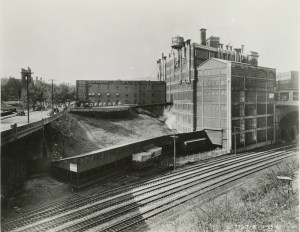
Historic photo of the former Ford Motor Co., currently being converted into The Assembly. Image courtesy of Pittsburgh Regional Alliance
Some other representative projects in Pittsburgh include the conversion of the 1915-built vintage Ford Motor Co. assembly plant into a $330 million hub of collaboration, innovation and commercialization, with a focus on cancer research and bioscience discovery.
Developed by Baltimore-based Wexford Science + Technology, the 355,000-square-foot The Assembly is one of Pittsburgh’s largest adaptive-reuse projects. When completed in the second quarter of this year, the project is set to bring together Pitt and UPMC researchers, private companies, as well as entrepreneurs, and serve as a critical focal point for the Pittsburgh life sciences ecosystem.
A suburban Pittsburgh near-empty hospital that flatlined 10 years ago is also being reimagined as a place where new biotechnology, therapeutic, pharmaceutical and medical device companies can grow. A portion of AGH’s suburban campus is being retrofitted as the home of AlphaLab Health, a new accelerator that supports early-stage startups in their efforts to bring innovations to market.
All these projects—and others—are bound to continue to meet ongoing demand for life science space, creating new jobs and ultimately diversifying the region’s economy. Companies want to maximize their resources and view the public realm as a real partner.
Space requirements in the life sciences sector are quite unique, so public organizations must work together with developers to ensure they provide the needed space and the facilities which will ultimately transform Pittsburgh into a rival of the top markets of the same field in the country, Thomas concluded.

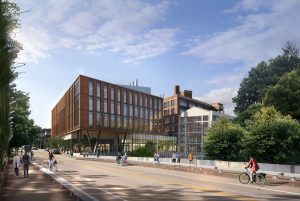
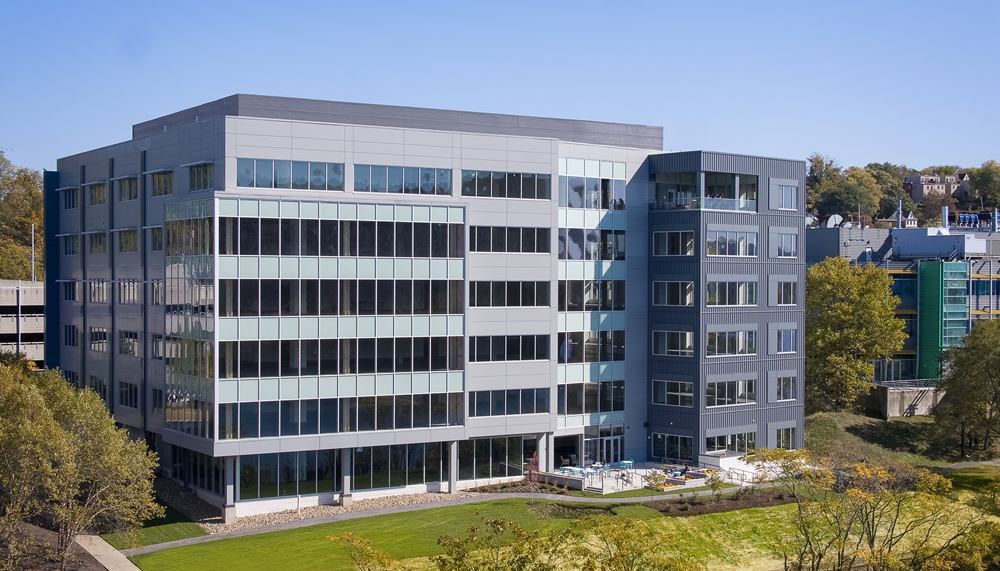
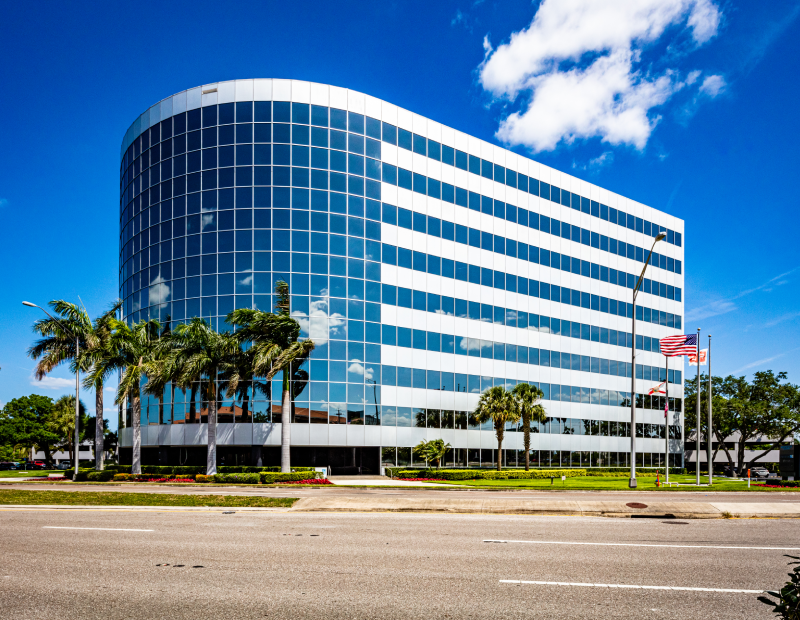



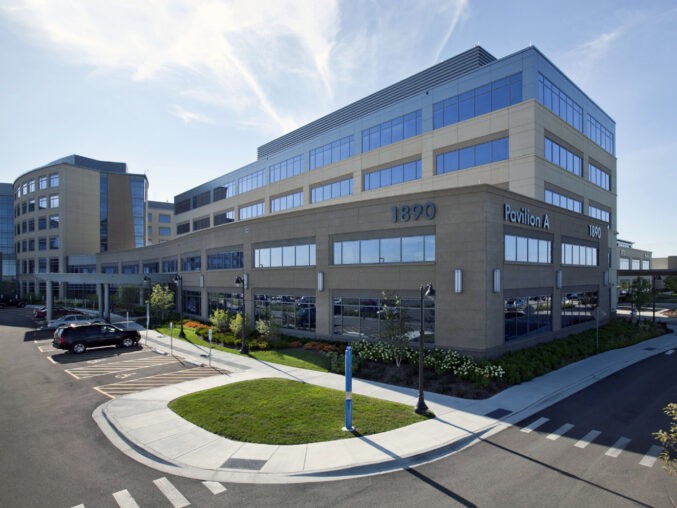
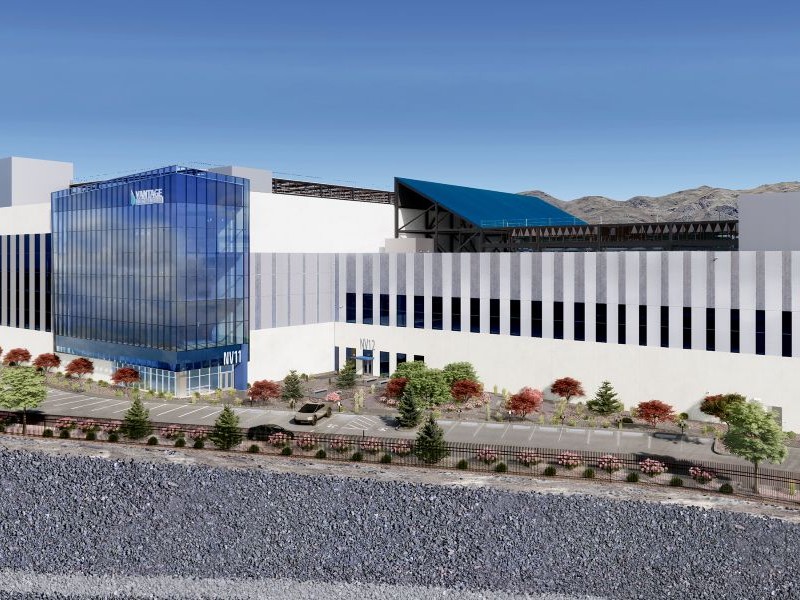
You must be logged in to post a comment.